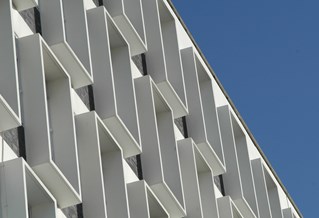
Check out our history, our ethos, community facilities available, and educational partnerships.

The university's leadership, strategy, academic departments and professional services departments.

See jobs at the university, or advertise your vacancy with us, as well as information for suppliers and landlords.

Facts and figures about the university, charitable status and more.

The latest news, and events from open days to public lectures and term dates.

Help on who to contact, how to contact them, FOI, maps and directions.